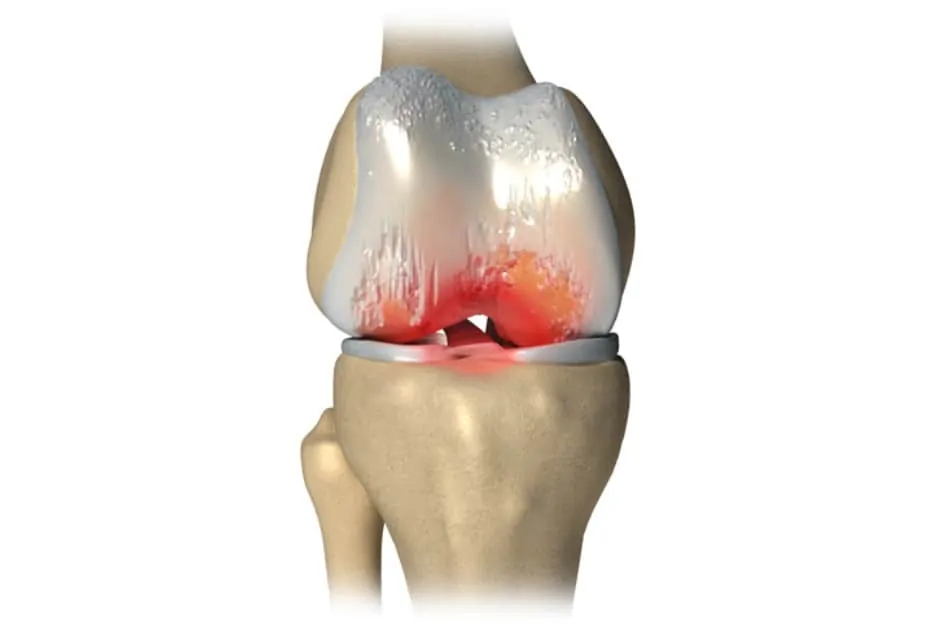Political correctness is experiencing a flashback but isn’t as arbitrary as some people would like it to be. A degree of socially mandated politeness has always existed in Western cultures. And regardless of the state of social discourse, it has always been considered impolite to be blunt when describing a fat person.
You can describe a fat person nicely by calling her curvy or calling him plump. Relatively neutral terms for a far person include heavyset, chubby, thick, hefty, and big-boned. Obese is not an impolite term but is valid for extremely fat people, to which some might take offense.
While I personally don’t have a problem with any word used to describe me (unless it’s meant to hurt…) I know I’m in the minority. So if you are fat, or have a fat friend, you might want a few gentler words that are still accurate.
In this article, we will unpack these terms so you can see why they are polite and where they are acceptable. The last thing you want is to come off as patronizing the person whose feelings you don’t want to hurt. So let’s get started with our main terms.
Nice (“Politically Correcter”) Terms For Fat People
1. Curvy
The term “curvy” is technically accurate for the average body type. Since it isn’t used to describe anyone with any curve, it remains neutral-sounding without being used to describe neutral-weight individuals. As a result, it doesn’t have as much of a sting to it.
This term also casts a wide net where you can use it to describe someone who is 10 lbs to 100 lbs overweight and not come off as condescending or patronizing.
However, this term isn’t a popular choice to describe men.
For better or worse, the “real women have curves” campaign for body-positivity promotion firmly sets curves as the ambassadors for femininity. Needless to say, men weren’t big fans of being described as curvy after that.
2. Plump
Plump is an interesting word because it has very recently replaced “jolly” in the social vocabulary. With the Internet’s emergence as the global conversation space, many barriers to politeness got shed, and the general vocabulary got quite blunt.
When most of the vocabulary starts sounding harsh, and you still use the word “jolly” to describe a fat person, you don’t seem sincere. Plump is the sincere-sounding version of jolly.
You can use plump to describe men and women, but men are the least likely to take offense to it. Probably thanks to Santa Claus, who is a man.
3. Jolly
As covered earlier, jolly is an upbeat version of fat. However, where neutral terms seem borderline insincere because of the generally mean cultural vocabulary, it is hard to use favorable terms like jolly in a believable manner.
Thanks, Santa Claus!
Here are a few things to consider:
- Has the recipient been subject to negative vocabulary?
- Is the recipient in a position of power?
If someone has been called mean names for being fat, then he might have a tough time believing positive terms.
Neutral terms like “plump” will feel nice. This is true for a majority of fat individuals.
In contrast, if said person is in a position of power, he is probably in a bubble where he is sheltered from even neutral terms.
In that case, “jolly” might sound very believable. The key is to figure out whether the other person will believe you are sincere or not when you use the word “Jolly.”
4. Chubby
Chubby is on the meaner side of polite terms, which can be used mockingly.
When someone gains a little weight, he might find the word “chubby” to sting because it’s true. But when one is past chubby, the term becomes a compliment. So you have to keep an eye on whom you use it for.
Men are less likely to take offense to being called chubby, while women prefer being called curvy since both terms describe the same state, and one has more positive, even attractive, connotations.
5. Thick
Thick has a slightly different meaning when used to describe a woman and a man.
Thick men are muscular guys with big bellies, while thick women are women who retain somewhat of an “hourglass” figure despite gaining weight. In both cases, the conventionally attractive features of the respective sexes are valid.
As a result, thick is considered a compliment, but only if the recipient acknowledges his weight. People who are in denial of their weight might still find “thick” to be an insulting term.
Watch whom you call thick by asking yourself the following:
- Would this man want to be described as strong and fat?
- Would this woman want to be described as fat but in shape?
6. Hefty
The term hefty is contextually positive but not inherently positive.
You can call someone’s work hefty if it has an impact. It technically describes things that are large and heavy.
Hefty can also be used to describe impactful things done with vigor. Since its connotations with force, it can be used positively for fat, powerful people.
When a CEO is called hefty, one leaves room for the benefit of the doubt. Perhaps the word is used to describe the CEO’s strength. Similarly, it can be used relatively easily for very large people.
Perhaps you’re referencing their height and not their belly. This vagueness is what makes the term sound polite.
7. Big-Boned
Big-boned is a term that became everyday use when fat individuals had to justify their weight. With the general public becoming less intrusive about others’ weight, fat people do not use it as much but can still be used to describe them.
Big Boned essentially means that the person isn’t fat but that he appears fat because of having big bones.
In a decade or so, the term might even become obsolete. But until then, you can use it to protect a teenager’s feelings or another psychologically vulnerable individual.
Please note that “big-boned” can come off as condescending if the other person is too conscious of his weight. It is best used for someone who is used to being overweight. Such an individual is more likely to believe he is just big-boned.
Ask yourself the following questions:
- Has this person been fat since he was a child?
- Has this individual been exposed to harsh language regarding their weight?
8. Obese
Obese is a polite term for morbidly obese and a rude term for chubby. Depending on how heavy an individual is, “obese” can be a nice thing to say or a rude one. The term doesn’t have as much of a sting because it is used in a medical context.
The problem with such language is that it can imply medical facts too. It is impossible to call someone obese without implying anything negative about their health.
Obese is a term to be used with caution as it is the rudest “neutral” term for a fat person.
What To Call a Fat Person in Different Circumstances
In this section, we will briefly go over the best terms for different contexts. Treat it as a social cheat sheet when you deal with fat people.
| Context | Best Term |
|---|---|
| The fat person is a woman up to 50 lbs heavier than average | Curvy |
| The fat person is a man up to 50 lbs heavier than average | Plump |
| The fat person is an individual sheltered from negative language and criticism | Jolly |
| The fat person is a man up to 75 lbs heavier than average | Chubby |
| The fat person is a woman up to 75 lbs heavier than average or is a muscular man. | Thick |
| The fat person is in a position or power or is taller than 6’5″ | Hefty |
| The fat person has been overweight his or her whole life | Big-Boned |
| The fat person is over 100 lbs overweight | Obese |
Final Thoughts
To describe a fat person nicely, you need to use the words curvy or plump. These are highly believable terms without the sting associated with words like “fat” or “overweight.” In super-sensitive instances, you can use jolly or big-boned as well. They’re just not very believable for the average person.







